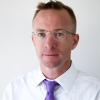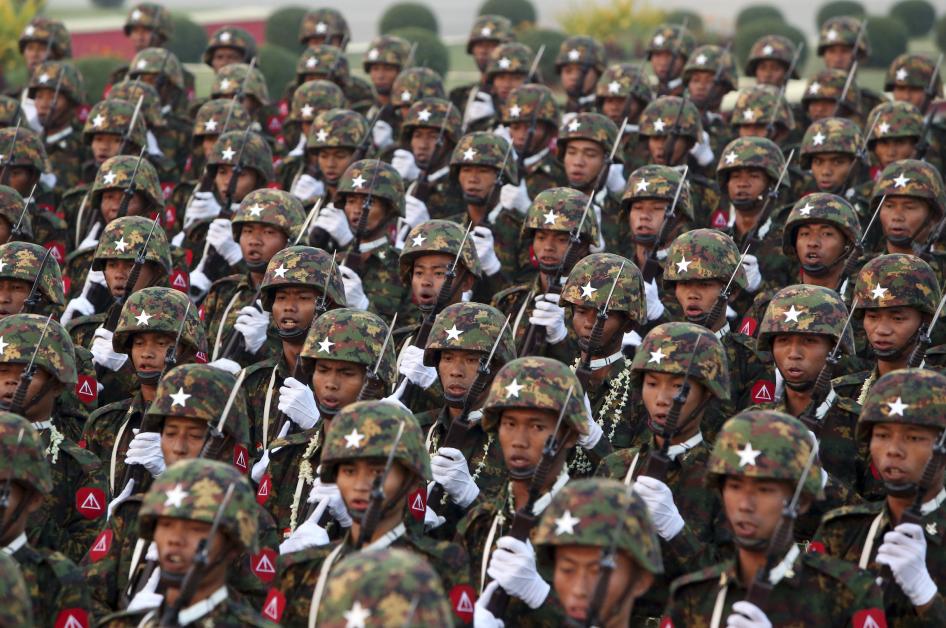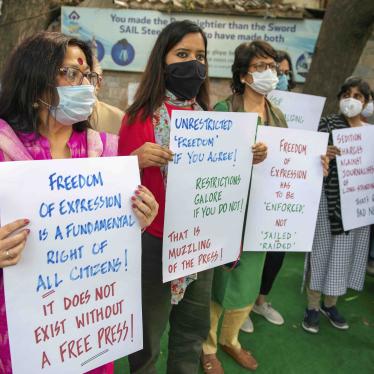Abandon hope. This is the message the junta is sending to the population of Myanmar.
World leaders will gather in Jakarta in early September for the Association of Southeast Asian Nations (ASEAN) and East Asia Summits. Participants will include several G7 leaders and U.S. Vice-President Kamala Harris, while U.S. President Joe Biden will be in the region attending the G20 with several ASEAN and G7 leaders. A key agenda item for the ASEAN meetings will be Myanmar, where a military junta in power after a 2021 coup has engaged in a mass crackdown on opposition movements and ethnic armed groups.
The junta has committed arbitrary detentions, summary executions, torture, and unlawful military attacks, much of the brutality amounting to crimes against humanity and war crimes. A recent so-called partial pardon for ousted leader Aung San Suu Kyi was essentially a scam — six years were shaved off the 78-year-old’s 33-year prison sentence, deflecting attention from another extension of the “state of emergency” the junta has invoked to try to justify their crackdown.
Diplomatic efforts on Myanmar since its 2021 coup have floundered. ASEAN and its allies, as well as the U.N. Security Council, have failed to compel the junta to curb their abuses, just as they failed to hold the Myanmar military accountable for crimes against humanity and acts of genocide against Rohingya Muslims in 2016-2017, atrocities that are ongoing.
Despite ASEAN’s inability to unify on Myanmar, diplomats within and outside the bloc continue to refer to ASEAN’s defunct five-point consensus from April 2021 — which Myanmar’s junta repudiated days after agreeing to it — as a pretext for their own inaction.
Myanmar’s generals have been counting on everyone giving up. And while the people of Myanmar have not, most outside governments have obliged. Myanmar’s human rights crisis, however, is not insolvable, and it’s too horrendous to be ignored.
Granted, it’s hard to be hopeful. The Myanmar military has engaged in relentless, violent campaigns against the country’s people for more than six decades. Some of the military’s most egregious crimes, including the violence against the Rohingya, occurred during the period of democratic reforms that began in 2010. The Myanmar military’s indifference about its international reputation and its willingness to commit massive human rights abuses seems unlimited.
The U.N. Security Council, which last December passed a resolution noting the council’s “full support for ASEAN’s central role in facilitating a peaceful solution” in Myanmar, needs to chart a bolder course. The United Kingdom, which traditionally leads council debates on Myanmar, should distribute ideas for a new, stronger resolution on Myanmar, including the possibility of an arms embargo and international sanctions. China abstained and did not veto last December’s resolution, indicating that more pressure at the council is possible. Some ASEAN members have called for U.N. support in resolving the crisis, and there is little hope ASEAN will ever accomplish anything if the Security Council doesn’t settle on a new approach soon.
Furthermore, ASEAN dialogue partners attending the summits — in particular, Security Council members United States, U.K., France, Japan, and upcoming 2024 addition South Korea — need to signal their intentions for stronger action at the U.N. rather than continuing to imply that ASEAN can solve the crisis in Myanmar on its own.
They should urge reluctant ASEAN members to cooperate in enforcing existing U.S., EU, and U.K. sanctions in Southeast Asian jurisdictions, and press them to suspend Myanmar from ASEAN entirely unless the junta begins moving toward reform.
In particular, ASEAN partners should pressure Thailand, which purchases hundreds of millions of dollars in natural gas from Myanmar, and Singapore, where the military has bank accounts for its foreign revenues. Thailand and Singapore should be warning companies and banks in their jurisdictions not to evade U.S. and EU sanctions or risk financial penalties.
Some observers claim that international pressure and sanctions are impotent in the face of the Myanmar military’s imperviousness. The truth is that the outside governments have never really unified to pressure the junta and impose punitive sanctions on Myanmar’s generals. Sanctions imposed by the US, European Union, and a small number of likeminded governments since the coup do target the military leadership and its business interests. Yet as with the previous sanctions put in place before Myanmar’s fleeting period of reform, measures have been imposed too slowly, not been enforced robustly, and failed to target the junta’s largest sources of foreign income.
Enormous revenues still flow to the junta in dollars, euros, and other currencies from joint ventures, mostly extractive, involving companies across the world — not just China, but also countries that have condemned the junta, including Japan, South Korea, Singapore, and Malaysia. Transactions from natural gas revenues, the junta’s single largest source of foreign currency, have only recently been targeted by the United States, and have not yet been effectively blocked. Restrictions on the military’s purchases of aviation fuel need to be strengthened and more tightly enforced.
More effective efforts to block extractive revenues, paid in dollars and euros, would significantly reduce the junta’s foreign-currency income. These efforts would also likely reduce transactions to the junta in other currencies: most international banks need to comply with U.S. and EU rules so they can conduct U.S. dollar and euro transactions for other clients.
Myanmar’s military has not faced serious economic pain. Should anyone then wonder why it has so blatantly defied calls by neighbors, world powers, and the United Nations? Does it make any sense to expect a divided ASEAN to compel them to change?
It’s not too late to adopt effective measures to compel Myanmar’s military to change its conduct. It’s simply a matter of political will. The people of Myanmar haven’t given up. Neither should the rest of the world.









